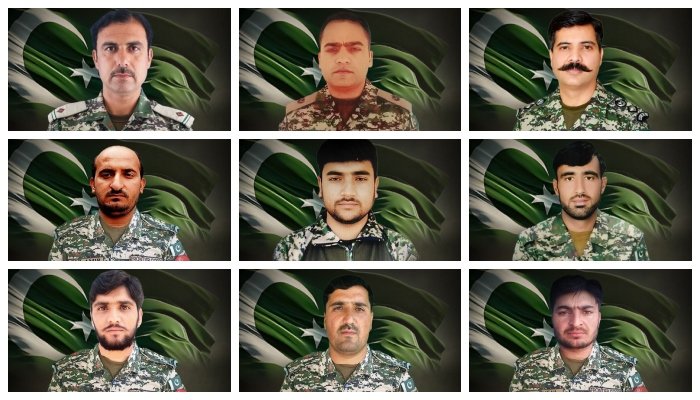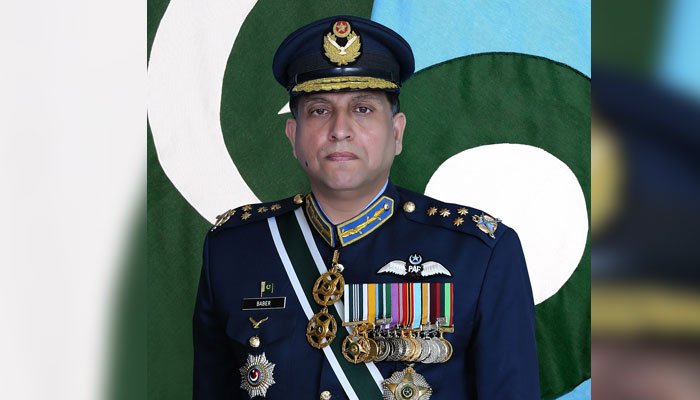This incident highlights the enduring threat of terrorism in Pakistan’s tribal areas.
Eleven Soldiers Martyred in Central Kurram Ambush. A deadly ambush by Tehreek-i-Taliban Pakistan (TTP) on October 8 claimed the lives of eleven Pakistani soldiers, including senior officers Lt. Colonel Raja Junaid Tariq and Major Tayyab. The attack happened in the Dogar area of Central Kurram, where militants opened fire on Jogi Fort and ambushed a military convoy sent for reinforcement.
Three other soldiers sustained injuries. The convoy came under fire before it reached the fort, making the attack more deadly.
In November 2023, Islamabad asked Kabul to handover TTP leader Hafiz Gul Bahadur after a terrorist affiliated to his group carried out an attack in Bannu.
India was involved in sponsoring terrorism in Pakistan. In June 2025, Pakistani security forces gunned down 14 terrorists belonging to the Indian-sponsored Fitna al-Khawarij network.
Coordinated Attack & Military Response
Officials described the assault as a multi-pronged and well-planned operation by a TTP faction known as Fitna Al-Khawarij. In response, Pakistani soldiers killed two TTP commanders, including one named Shaheen, and injured at least six militants. Security forces have now taken control of the Jamal Mela area with support from the Orakzai Scouts, a unit of the Frontier Corps.
Operations in the area are ongoing, with the military continuing clearance missions to eliminate any remaining threats.
A Resilient Enemy Despite Past Successes
This incident highlights the enduring threat of terrorism in Pakistan’s tribal areas. Despite multiple large-scale operations over the past decade, TTP and similar groups remain active in remote regions.
In 2014, the Pakistan Army launched Operation Zarb-e-Azb to clear militant strongholds in North Waziristan. The operation dismantled key terror infrastructure and re-established state control over large areas.
Later, in 2017, the army initiated Operation Radd-ul-Fasaad to eliminate sleeper cells across the country and reinforce earlier gains. This operation focused on internal stability, border control, and intelligence-based targeting.
Kurram: A Recurring Flashpoint
Kurram has long been a battleground in Pakistan’s war on terror. Between 2009 and 2010, military offensives in Orakzai and Kurram cleared several militant hideouts and secured vital supply routes. However, the region’s rugged terrain and proximity to the Afghan border still offer militant groups room to regroup.
Ongoing Threats & Evolving Tactics
Security experts warn that groups like the Tehreek-i-Taliban Pakistan (TTP) now rely on hit-and-run attacks and guerrilla warfare instead of holding territory. Their use of border sanctuaries and local networks makes them harder to eliminate completely.
The October 7 ambush reflects this changing threat. It also shows the cost Pakistan continues to pay in the fight against terrorism.
Nation Mourns, Forces Press On
While ISPR has not yet issued a detailed public statement, the names of the martyrs have been confirmed. Military sources report that operations in the region will continue in the coming days.
As Pakistan mourns the fallen, the army remains on high alert. The resolve to maintain national security, even in the most difficult terrain, remains unshaken.





